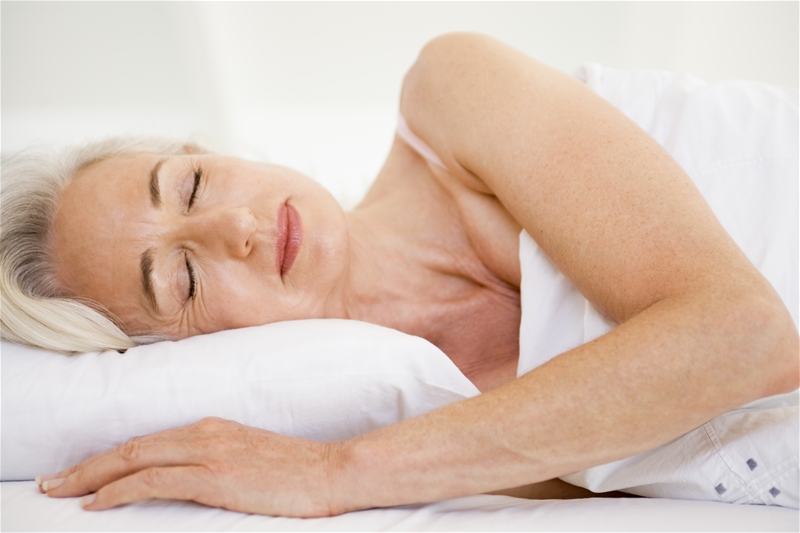
My day goes so much better when I get a good night’s sleep. I just need my eight hours or I don’t function well!
Sleep is really important to your healing process-it’s when the immune system does most of its work-so if you’re walking around like a living zombie, get some advice from your doctor, try new coping techniques, and don’t give up until you’re nodding off on a more regular basis. Here are some tips to help!
Tips to Get More Zs:
1. Set a regular bedtime and wake-up time and stick with it! Your body tends to fall naturally into habits. If you disrupt your sleep schedule you throw off that rhythm, contributing to future sleep deprivation.
2. Try to fit in some sort of exercise in your day. If you’re feeling too wiped for lots of exertion, just take a walk around the block. Exercise always helps you sleep better.
3. If you need a nap, take it. You may have avoided naps before your diagnosis, but during cancer treatments, you need to take advantage of when you’re feeling naturally tired, especially if you’re having trouble getting in enough shut-eye. If you’re having trouble sleeping at night, limit your naps to no more than 30 minutes each.
4. Keep a record of your sleep habits for a week-when you go to bed, when you get up, and how much sleep you’re getting. This will help you identify patterns that may be contributing to your sleep problems.
5. If you’re having trouble sleeping with your partner, consider separate sleeping arrangements. Particularly if you’re dealing with night sweats or other discomforts, you may find it easier to sleep by yourself, as then you won’t be concerned about waking your significant other.
6. Try to keep your bedroom a “sleep-only” zone. TVs, computers, phones, and even pets and children can disrupt your time to sleep, or contribute to a stimulating instead of relaxing atmosphere.
7. Create a bedtime routine you can work forward to. Consider a nice oatmeal bath with a candle before turning in, a good book, some soothing music, time spent meditating, or anything that will ease your mind and get you into a sleeping mood.
8. Avoid stimulating chemicals like nicotine and caffeine several hours before sleep, and stay away from alcohol as well. It may help you get to sleep, but then it often keeps you from entering the deeper stages of sleep, leaving you feeling tired.
9. I read not long ago that walnuts have goodies like melatonin and tryptophan in them-both ingredients that help promote sleep. Consider them as a nighttime snack.
10. Make the room a temperature that will work for you. Most people sleep a little better in a cooler room. Consider silk sheets (they’re easier to move on-more comfortable for your skin) and use whatever you need to relax. Heater, fan, blankets, whatever works!
11. Are you finding your mind racing as you’re trying to close your eyes? This happens to me all the time, so I keep a notebook by my bed to write down my thoughts. Once they’re on paper, I know they’ll be there in the morning and I can rest more easily.
12. Finally, if you can’t get to sleep after 20 minutes or so, don’t just lie there and suffer. Get up and do something relaxing. Have some warm milk and honey, read a book, or write about your frustrations. Soon you’ll find yourself feeling naturally sleepy again and you can go back to bed.
13. If you have side effects that are interfering with your sleep, be sure to ask your doctor for a solution. Don’t give up until you find one!
Have you struggled with sleep during your cancer treatments? Do you have tips for our readers?
Photo courtesy Shutterstock.

